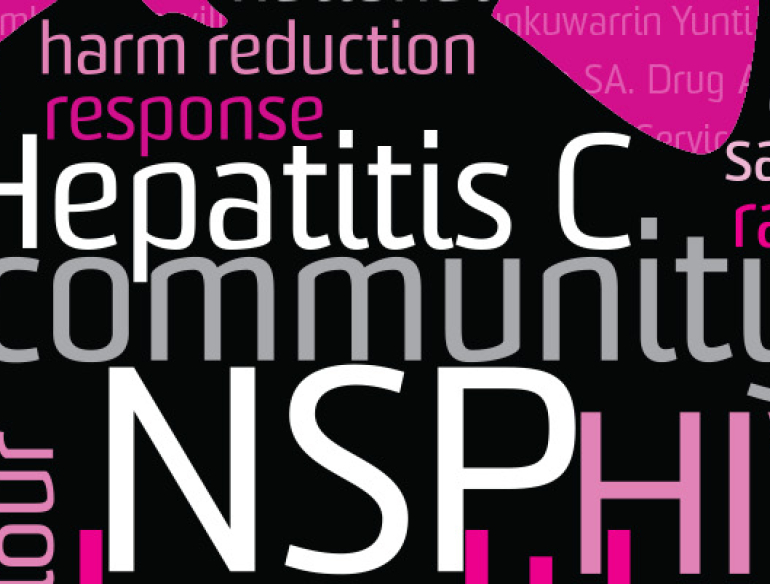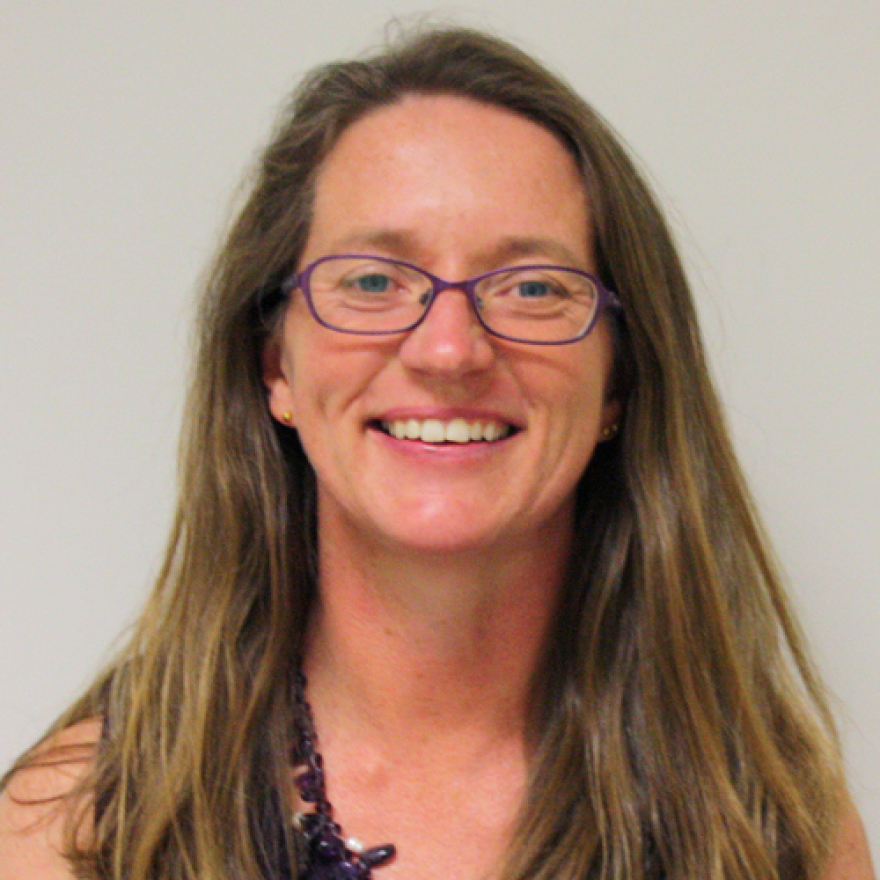Key findings
- In 2017, 52 Australian Needle and Syringe Programs (NSPs) participated in the ANSPS and 2,600 NSP attendees completed the survey. The response rate was 41%.
- Over the period 2013 to 2017, the median age of survey respondents increased from 39 years to 42 years, with a concurrent decrease in the proportion of young injectors (aged <25 years) from 8% in 2013 to 5% in 2017.
- HIV antibody prevalence remained low and stable nationally, ranging from 1.4% to 2.1% over the period 2013 to 2017.
- Hepatitis C virus antibody prevalence declined from 54% in 2013 to 49% in 2017.
- Nationally, the proportion of respondents who reported recent (last 12 months) initiation of HCV treatment was low and stable at 1-3% between 2011-2015, but increased significantly to 22% in 2016 and 36% in 2017, with substantial increases observed in all jurisdictions.

